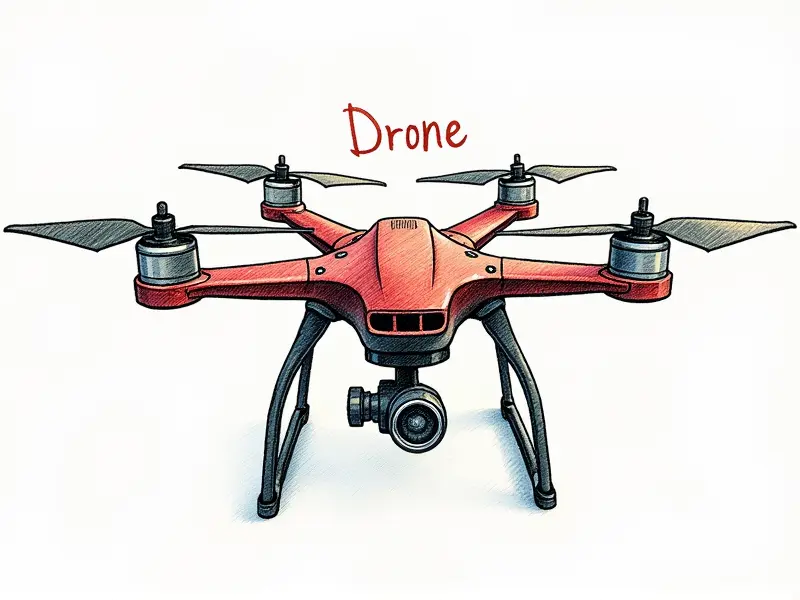Are drones legal in the US?

Are Drones Legal in the USA?
Drones, also known as unmanned aerial vehicles (UAVs), have become increasingly popular for both recreational and commercial purposes. However, with their growing prevalence comes a need to understand the legal landscape surrounding drone usage in the United States. This article aims to provide a comprehensive guide on whether drones are legal in the USA, covering everything from basic regulations to specific requirements for different types of users.
Drone Laws in America Explained
The Federal Aviation Administration (FAA) is responsible for regulating airspace and ensuring safety across the United States. Drone laws in America can be complex due to overlapping federal, state, and local regulations. Understanding these laws is crucial before flying a drone.
Can You Fly Drones Legally in the US?
To legally operate a drone in the USA, you must comply with several key requirements:
- Register Your Drone: All drones weighing between 0.55 pounds and 55 pounds (including payload) must be registered with the FAA.
- Pilot Certification: You need to obtain a Remote Pilot Certificate from the FAA, which involves passing an initial knowledge test and maintaining it through recurrent testing.
- Airspace Authorization: For commercial operations, you may need additional authorizations such as a Section 333 Exemption or a Part 107 waiver.
Understanding Drone Regulations in the USA
The FAA's regulations are designed to ensure safe and responsible drone use. Here’s an overview of some critical aspects:
FAA Guidelines for Drone Operators
- Fly Within Visual Line of Sight (VLOS): Drones must be flown within the operator's visual line of sight, typically up to 400 feet horizontally and 400 feet vertically.
- No Fly Zones: Avoid flying near airports, military bases, or other restricted airspace without proper authorization.
- Privacy Concerns: Be mindful of privacy laws and avoid filming in areas where individuals have a reasonable expectation of privacy (e.g., private property).
The Rules of Drone Flying in the US
In addition to FAA regulations, there are specific rules that drone operators must follow:
- Daylight Only Operations: Drones should only be flown during daylight hours or civil twilight (30 minutes before official sunrise and 30 minutes after sunset).
- No Nighttime Flying Without Lights: If flying at night, the drone must have anti-collision lighting visible from all directions.
- Avoid Crowds: Do not fly over groups of people or stadiums unless you have proper authorization and safety measures in place.
Navigating Drone Laws Across America
Laws can vary significantly by state, city, and even specific locations. Here are some key considerations when navigating drone laws across the USA:
Are RC Aircraft Legal Nationwide?
The term "RC aircraft" generally refers to model airplanes flown for recreation. While these are often regulated differently from drones, many of the same principles apply. For example, flying an RC aircraft in restricted airspace or near airports can still be illegal.
What You Need to Know About Drone Laws
To stay compliant with drone laws, it's essential to know:
- Local Ordinances: Check local city and county regulations for any specific rules or restrictions on drone use.
- State Regulations: Each state may have additional requirements or prohibitions. For example, some states restrict flying drones over correctional facilities.
Is Flying Drones Legal Where I Live?
To determine if flying a drone is legal in your specific area, follow these steps:
- Check FAA Regulations: Start with the FAA's website for national guidelines.
- Contact Local Authorities: Reach out to local police departments or city hall for any additional restrictions or permits required.
- Consult State Agencies: Visit your state’s aviation department or similar agency for state-specific rules.
USA Drone Laws: What You Need to Know
The legal landscape of drone usage in the USA is continually evolving. Here are some final tips to ensure you stay compliant:
- Stay Informed: Regularly check updates from the FAA and relevant state agencies.
- Seek Professional Advice: Consult with a legal expert if you have complex or commercial drone operations.
Conclusion
Flying drones in the USA requires adherence to a range of regulations designed to ensure safety, privacy, and compliance. By understanding FAA guidelines, local ordinances, and state-specific rules, you can enjoy your hobby or business while staying on the right side of the law.

